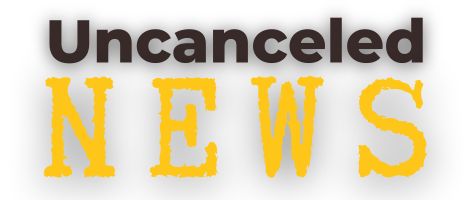(Ron Paul Institute)—Elon Musk has talked about eliminating at least two trillion dollars of United States government yearly spending. While it would contribute a small portion toward this grand goal, a spending cut that jumps out as among the most obvious for Musk and the incoming Donald Trump administration to pursue is eliminating all US government support for National Public Radio (NPR) and its affiliated programing and radio stations.
The most convincing argument for US government funding of NPR has faded away over the decades since the media organization’s creation in the pre-internet and even quite limited cable television age. Nowadays, there is easy access to news and entertainment sources aplenty at the click of the mouse or remote control. There is no arguable need for Uncle Sam to provide a helping hand to a select media organization.
Fundamentally, though, the US government supporting NPR has been wrong from the beginning. Providing news and entertainment to Americans is an activity many steps removed from the few powers the US Constitution sets forward as delegated to the US government. Further, it is inconsistent with the tenor of the First Amendment for the US government that is prohibited from making any law abridging the freedom of the press to be selectively providing funding for one media organization, thus giving it a leg up on the competition.
Relevant for the Trump administration and Republicans in the US House of Representatives and Senate as well would be that NPR, since the 2016 presidential election, has placed a target on Trump’s back. Attacking Trump relentlessly has been pursued across NPR programs for the past eight years. How is it acceptable for the US government to be funding a media organization that has as part of its editorial policy the belittling and demonizing of this man who for most of this time period was either serving as president or running for president? Election interference anyone? Hopefully, some Democratic Congress members would join in condemning the unfairness of the situation even though their presidential candidates were the beneficiaries.
On April 9, longtime NPR employee Uri Berliner went public with his insights on how “an open-minded spirit no longer exists within NPR” and how instead there is a “distilled worldview of a very small segment of the U.S. population.” He also discussed how NPR engaged in “efforts to damage or topple Trump’s presidency.” If, like most Americans, you listen little or not at all to NPR, Berliner’s article, which you can read here, is a good introduction to some of the intense bias you have missed out on hearing.
To reach two trillion in savings, Musk and Trump would certainly find some spending cuts difficult. Eliminating US government support for NPR, in contrast, seems like something that should be an easy choice.



